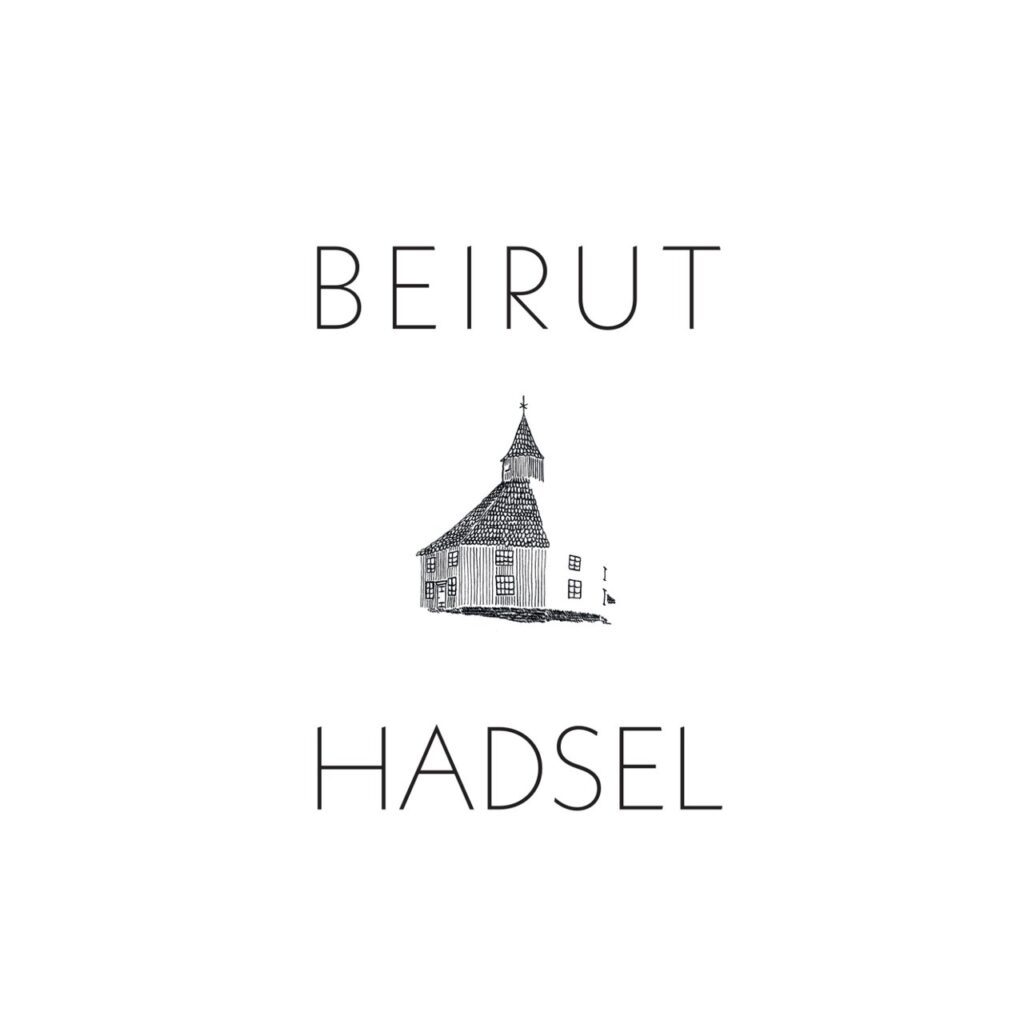The note of surprise on Hadsel, Beirut’s sixth studio LP, is not so much that Zach Condon has recorded an album on a remote Norwegian island with free access to a church organ, it’s that he hasn’t done so before. This sneaking feeling of familiarity is at the heart of Hadsel’s comfortable and occasionally underwhelming charm. Condon has, objectively, changed the Beirut sound since the Balkan brass days of Gulag Orkestar, his whirlwind 2006 debut. But his rich baritone croon, which swoops and curls around melodies like an eagle after a rabbit, is so distinctive, his brass arrangements so stridently mournful, that he can’t help but sound like himself.
Hadsel, named after the municipality in which it was recorded, has its moments of reinvention. The use of the Hadsel kirke organ, whose ministerial drones underlie several of the album’s songs, introduces an austere, baroque elegance to the title track (especially) that is far removed from the ultra-bright tones of much modern pop music. For a blackened moment, the listener is transported to the hostile beauty and long nights of a Norwegian winter, the cold wind blowing around an icy wooden church. But as soon as the brass starts its stately call, we’re plunged right back into the world of Gulag Orkestar et al.
At the same time, the modular synthesizers and drum machines that made their bow on 2019’s Gallipoli are more prominent on Hadsel. “January 18th,” “Spillhaugen,” and the second half of “Süddeutsches Ton-Bild-Studio” take on a borderline jolly, Switched-On Bach-style electronic wobble, while “Stokmarknes” and “The Tern” are marked by writhing electronic beats. But it almost feels like Condon has used these elements too well, weaving unfamiliar sounds around his lugubrious vocal so snugly that his invention slips by unheralded.
This isn’t necessarily a problem, given the album’s lucidity and songwriting strength. Condon recorded Hadsel at a time of great personal difficulty, after health problems forced him to cut short Beirut’s Gallipoli tour in 2019. Upon arriving in Norway, he threw himself into recording as if “lost in a trance”; when he later returned to Berlin, rather than turn to his band for help, Condon fleshed out the Hadsel recordings on brass, percussion, and ukulele. The resulting sound is not exactly minimal, but it has greater clarity of purpose than Beirut’s more overblown records. This is an intimate, unflinching album that draws its power from Condon’s voice, which is frequently multi-tracked into giant choirs, like a lonely man who has invited his imaginary friends to a party.
It remains thoroughly cathartic to hear Condon in full canorous flight, pushing simple vocal lines to grandiose conclusions. Drum machine aside, “So Many Plans” is a classic, horn-heavy Beirut heartbreaker in the style of “Elephant Gun.” “The Tern,” meanwhile, is a master class in pared-down songwriting, riding one melodic thought to towering emotional extremes. Condon went to Norway and came back with a familiar tangle of contradictions: Hadsel is a new beginning for Beirut that sounds like old times, a record born of despair and solitude that still feels full of life.
All products featured on Pitchfork are independently selected by our editors. However, when you buy something through our retail links, we may earn an affiliate commission.

